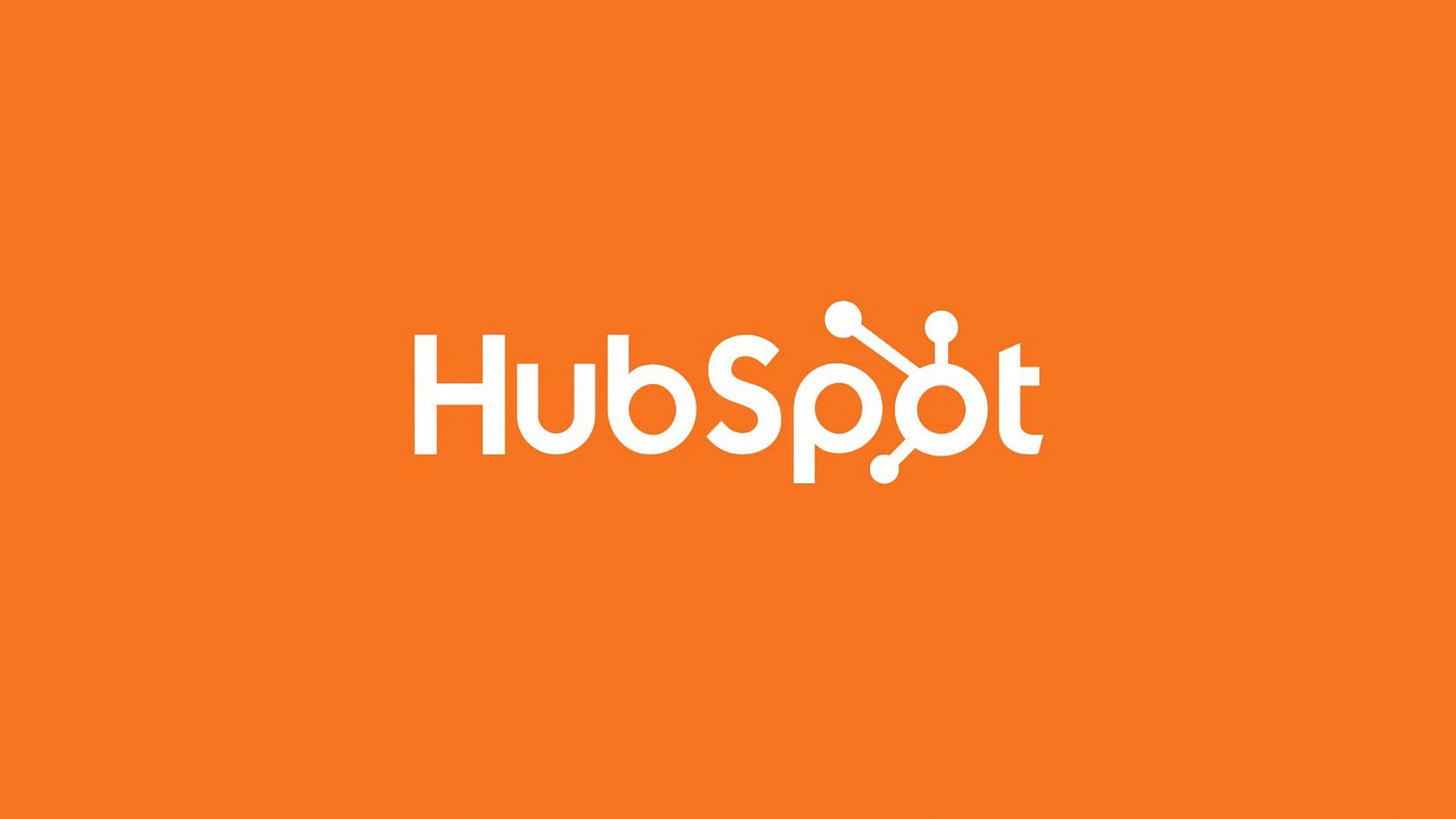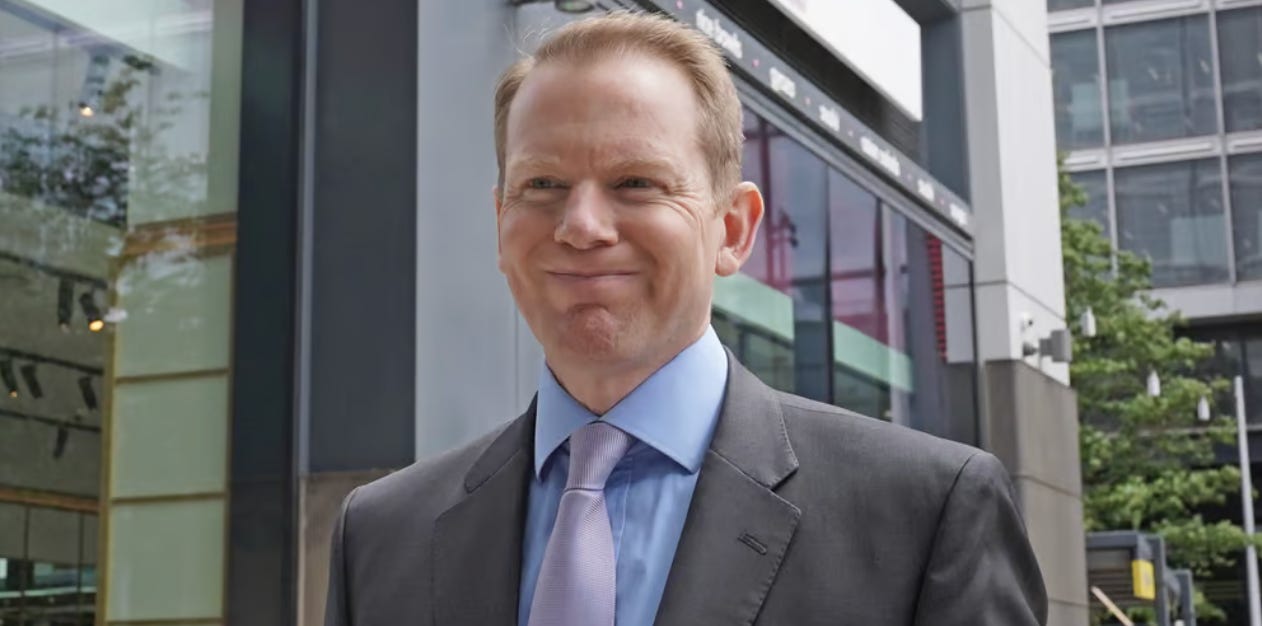Content with your content?
Driving qualified visitors to your website depends on valuable content, not SEO hacks.
Issue № 122 | London, Sunday 26 January 2025
Read on to learn why:
① Updates to Google’s core and AI are making SEO redundant.
② Quality content trumps SEO hacks every time.
③ Maybe globalisation wasn’t such a bad idea after all.
④ AI’s next challenge is steeping itself in distinct corporate culture.
⑤ Video will continue to dominate social media, regardless of TikTok’s fate.
⑥ Pay transparency is like sunlight: lovely but can cause damage.
⑦ The UK has an opportunity to stand out economically.
📸 But first flashback to last year, when I told you that the decline of the UK’s capital markets is a deep-rooted cultural problem, because British institutional investors are ultra-conservative and British retail investors are ill-informed and blinkered. This week, former chief global equity strategist at Citigroup Robert Buckland adds that the waning of active funds is drying up the UK’s IPO market. Monzo’s CEO has noticed: he’s fighting with his board to list in the US instead.
What's new
HubSpot has seen organic website traffic drop precipitously, MarTech reports.

In short:
“Organic traffic appears to have declined sharply, dropping from 13.5 million in November to 8.6 million in December, according to Semrush. HubSpot’s blog seems to have taken most of the impact.”
“It may be that Google wants to stop rewarding websites that publish content outside their area of expertise – that lack depth and topical authority on. The type of content that is more geared toward getting Google organic traffic than being written for people. What Google might call ‘SEO-first content’ (or helpful content).”
“Some of the topics seeing huge declines for HubSpot appear to be blogs about famous quotes, writing a resignation letter, and cover letter examples. Some are blaming the huge traffic drop on HubSpot’s lack of topical authority, while others pointed to possible ‘thin content’ issues.”
Why it matters
For nearly as long as there’s been an internet, there have been expensive ‘SEO consultants’ selling snake oil to marketers. The promise is straightforward: these gurus know something you don’t about search engines and can trick them into driving more traffic to your website. The catch? It’s not a one-off fix but a never-ending task, a retainer-requiring service that will sap your marketing budget for as long as you let it.
This story matters because it reminds us that if even the brand that many consider to be the gold standard of B2B vendor blogs can stumble like this, anyone can. For years, Hubspot had been increasingly producing content better suited to impressing a search engine than a potential customer: it was short, high-level, and frequently too far removed from its product offering.
① SEO was always a dark art. But the truth is that, with Google updating its core regularly and AI assistants increasingly taking over from search engines, it’s now more critical than ever to focus on the depth and relevance of your content, as opposed to going broad to try to ‘hack’ the system.
What to do about it
Take action
② When it comes to website visitors, quality trumps quantity every time. Why waste time sifting through visitors who are there because your content mislead them? That’s why quality content trumps SEO hacks every time too. Start with the people you’re trying to attract, develop content that adds real value to them, before you even consider the technical hacks.
Think deeply about your target audience: Pinpoint the roles, industries, and pain points of your target customers. Research the keywords they are likely to be searching for as a result. Analyse your competitors’ websites to discover opportunities you might have for topics and keywords not well catered for.
Develop content that has genuine and unique value: Step one means you can now create content that addresses your target customers’ specific challenges and provide actionable insights for them. Remove fluffy, generic writing and replace it with expert insights that you’re uniquely positioned to provide. Don’t shy away from detail. Indeed, with AI increasingly providing summaries to casual browsers, useful detail may be the only thing that does get someone to actually visit your site.
Optimise with technical tweaks: Once you’ve got the right content that will attract the right people - but only then - by all means tweak for SEO. There is value in looking at your meta descriptions, optimising your load times, fixing broken links, creating a content hub, and using analytics to understand what’s working and what’s not. But content must come first.
Get help
IMTW is brought to you by InMarketing, a strategic advisory service for senior leadership teams in finance and technology. It can help you with:
🔎 Audit 🧭 Strategy 🖋️ Positioning ✅ Planning 🤷🏻 Problem-solving ☎️ Counsel
Top stories
The other articles that are worthy of your time.
FINANCE
Report reveals ‘staggering’ costs of economic fragmentation
③ Maybe globalisation wasn’t such a bad idea after all.

“Economic fragmentation could be more damaging to the economy than either the global financial crisis or the pandemic, a new report has warned.
Full decoupling between western economies and eastern economies could cost the global economy $5.7 trillion, or up to five per cent of GDP, according to research from the World Economic Forum and Oliver Wyman.
“The hit would largely come through lower trade, reduced capital flows and lost economic efficiencies. Developing economies would be the worst hit if they were forced to trade exclusively with either the western or eastern ‘blocs’, the report said.”
“The report noted that countries were increasingly using the financial system to advance their geopolitical objectives, with the use of sanctions, subsidies and industrial policies having increased by 370 per cent since 2017. Matthew Blake, head of the World Economic Forum’s Centre for Financial and Monetary Systems, said the potential costs were ‘staggering’.”
TECHNOLOGY
Goldman Sachs genAI assistant to mimic traits of ‘seasoned employee’
④ AI’s next challenge is steeping itself in distinct corporate culture.

“In an interview with CNBC, Marco Argenti, the chief information officer at Goldman Sachs, revealed that it has rolled out its GS AI assistant to 10,000 bankers, traders and asset managers, with plans to expand this to all the bank’s knowledge workers this year.”
“The CIO compared the assistant to a new employee which will absorb the culture of the bank over the next few years. To begin with, the AI system will generate responses based on data from the bank which has been fed into several models, including ChatGPT, Gemini, and Llama, with the technology becoming ‘like talking to another GS employee’.”
“He described the AI having a ‘very specific identity that reflects the tenets the values, the knowledge and the way of thinking of the firm’ as extremely important for the bank. For this to work, the system would – like a Goldman staff member – need to double-check its work with different data sources or use a particular algorithm for a calculation.”
MEDIA & MARKETING
X and Bluesky launch dedicated video feeds on the back of TikTok uncertainty
⑤ Video will continue to dominate social media, regardless of TikTok’s fate.

“Social media apps X and Bluesky are both rolling out dedicated video feeds, in apparent attempts to take advantage of the continued uncertainty around TikTok. With X, there’s a new play button icon launching a continuous video feed looking very similar to TikTok, while Bluesky offers custom feeds for video which you can choose to pin.”
“Both moves are clearly a response to the continued uncertainty over the future of TikTok. You can catch up on the weekend’s events here, but the app remains unavailable in app stores and even if Trump delivers a promised 90-day suspension of the US ban, that only delays things.”
“China remains adamant that it will not sell US operations to an American company, and would rather take it offline than do so, while the law says that it must do so or be banned from the US.”
WILDCARD
Knowing what your colleagues earn
⑥ Pay transparency is like sunlight: lovely but can cause damage.

“A Danish law from 2006, requiring that firms above a certain size disclose gender pay gaps among comparable workers, provides an example. A paper published in 2019 […] found that the gap between men and women narrowed, primarily because male employees saw slower wage growth. A lower wage bill is not necessarily good news for firms, however. Productivity at affected Danish firms also went down, perhaps because lower earners were fed up to discover they were undervalued or because higher earners resented the slower wage growth that followed.”
“Transparency can stoke motivation. A recent paper […] found that pay transparency among American academics increased the effort of those who were revealed to be overpaid. If you’re earning a lot more than others, you’d better prove your worth. As for wage disparities between bosses and those below them, you might imagine that gaps foster resentment. But they can also pique aspiration. Other research […] suggests that employees not only consistently underestimate how much managers earn but also work harder when they find out the rewards that promotion can bring.”
“Pay transparency offers prizes and pitfalls for managers, in other words. If things go well, it ought to close unjust pay gaps and provide workers with more information on their options inside and outside their firms. If things go badly, morale and productivity may suffer as the pursuit of equity catalyses slower wage growth; performance-based pay may converge on things that are easier to measure, not what matters most.”
Off cuts
The stories that almost made this week’s newsletter.
FINANCE
🥈 UK ranked second-best investment target by global CEOs
🇬🇧 Britain’s brokers are diversifying and becoming less British
🤝 Fairstone and JP Morgan AM unveil strategic partnership
🇪🇸 Santander’s potential UK exit raises concerns despite boss’s pledge to stay put
👏🏻 Stonehage Fleming ends CEO search with Lombard International hire
TECHNOLOGY
🤖 OpenAI’s latest model will change the economics of software
🕵🏻 BIS paper on payment privacy tech offers a fresh perspective
🪪 UK Government preps digital wallet
📈 European fintech investment increased 10% in 2024
🏗️ Fintechs are building global platforms: what can banks do about it?
MEDIA & MARKETING
⭐️ How to use GA4 and AI to find the gold in your marketing analytics data
🙈 Abrdn’s chief defends rebrand: ‘The name is the name’
✍🏻 How to write a content brief
📲 Meta says Community Notes will not be displayed on paid ads
🍪 UK’s top 1,000 websites face cookie compliance clampdown
The last word
⑦ Charlie Nunn, Lloyds chief executive, on Britain’s economic prospects:

“The structure of the UK economy – more services-based, very international, no supply chains heavily into the US – there’s an opportunity for the UK to really stand out.”
Don’t settle for marketing.
Strive for InMarketing.
Wishing you a productive week,




